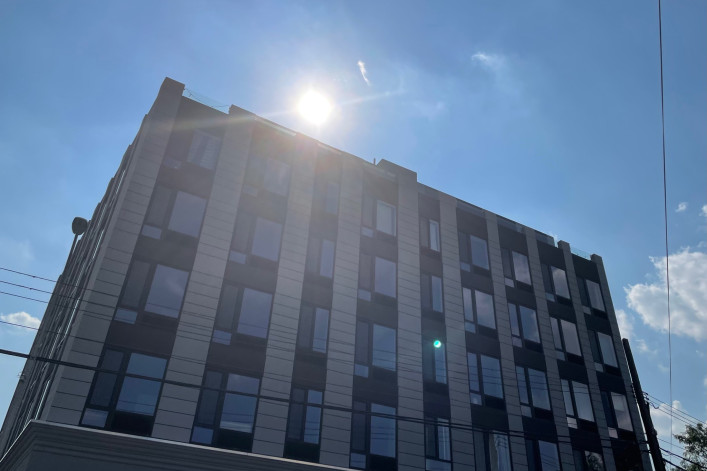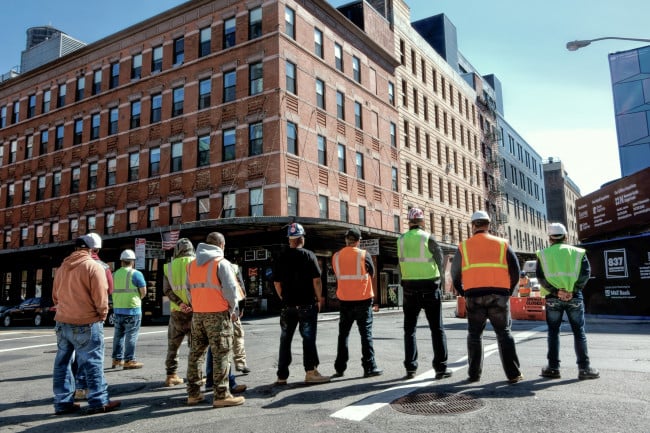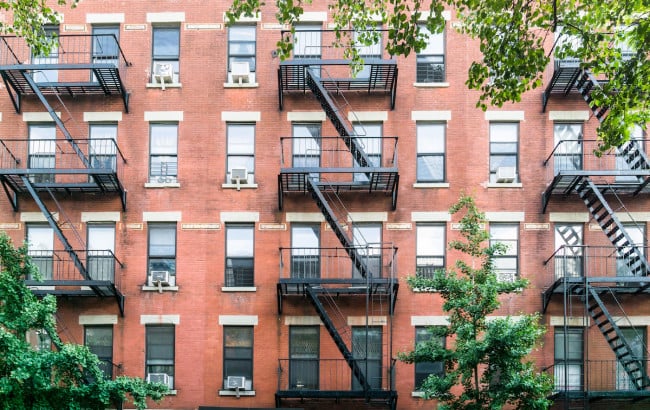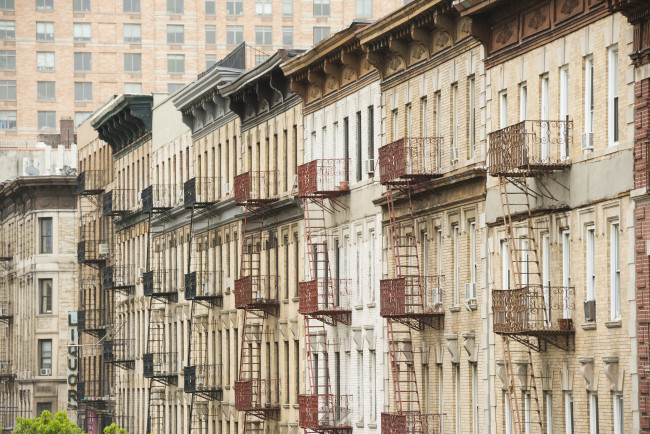I renewed my lease with no rent increase. Why do I have to pay extra for a new major capital improvement?

There is a strict cap on how much landlords can raise your rent due to a MCI.
I recently renewed my lease for one year with no increase in the rent. A major capital improvement adjustment from two years ago was just approved, which will raise rents in the building. I have not yet received an updated lease. Is my rent the amount stated in my lease or do I have to pay this increase?
If your landlord has legitimately made a substantial improvement to the building, they can raise your rent—but only to an extent, our experts say.
An MCI—that is, a major capital improvement—is an improvement that benefits all tenants in a rental building. Updates like a new boiler, elevator, or roof, for instance, all qualify. In the past, when an owner made a major capital improvement, they were then permitted to raise the rent by significant percentages, which sometimes took regulated apartments above the rent stabilization threshold.
Legislation passed in 2019 capped MCI rent increases, among many other reforms. Now owners can only raise rent by a maximum of two percent when they make a major capital improvement. And if your landlord has followed the proper protocol, you will have to pay it.
"If there is an order from the DHCR permitting the landlord to charge an MCI rent increase, then that increase has to be paid," says David Hershey-Webb, a partner at HMGDJ law (FYI, a Brick sponsor). "And the landlord does not have to send you a new lease—they just need to put the increase on the monthly bill they send."
However, if you think the rent increase is not legitimate because your landlord has not made an improvement to the building that benefits everyone, there are steps you can take to appeal the decision.
"This is best done with other tenants in the building. Get together and appeal the decision if there are grounds to do so," Hershey-Webb says.
Possible grounds are if the work the landlord had done wasn't handled professionally or if there are problems with the upgrades they've made. Also note the difference between an application to the DHCR for an MCI increase, and an order from the DHCR to institute one; only the latter permits your landlord to increase your rent.
The increase may also be illegitimate based on your building's rent stabilization status: MCI rent increases are prohibited in buildings where fewer than 35 percent of the apartments are rent-stabilized. If you and your neighbors want to fight the rent increase, you can send an appeal directly to the DHCR.
Trouble at home? Get your NYC apartment-dweller questions answered by an expert. Send your questions to [email protected].
For more Ask an Expert questions and answers, click here.
You Might Also Like





























